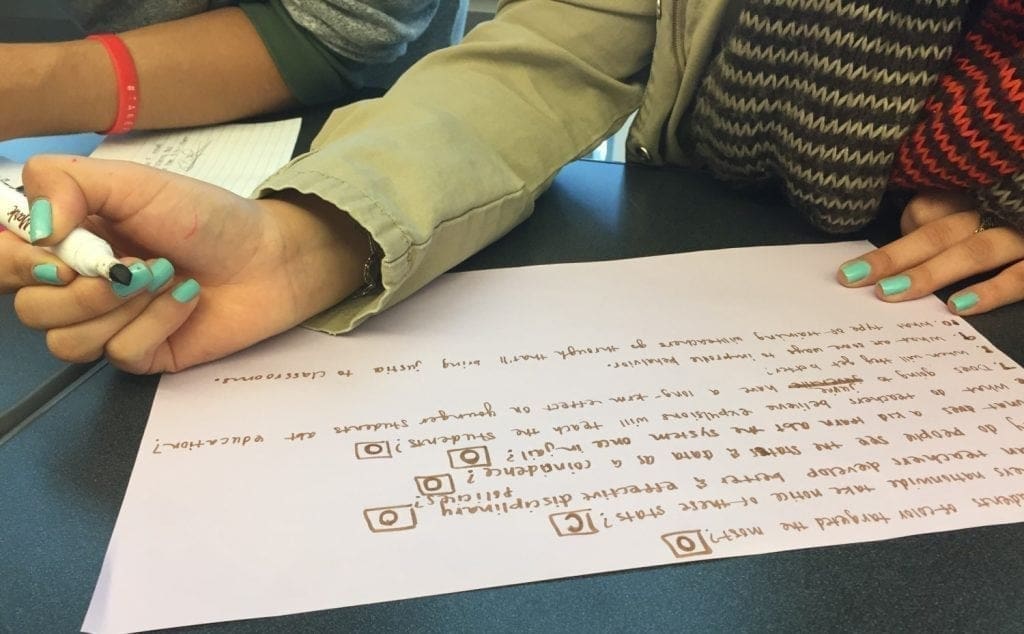Join the Right Question Network
Our strategies and resources are the outcomes of decades of work. We continue to learn with practitioners across many fields to develop and simplify two robust processes,
- The Question Formulation Technique, which helps all individuals learn how to formulate, work with, and use their own questions. Through learning how to ask their own questions everyone, students, parents, clients, and patients alike, can become more engaged, critical thinkers.
- The Framework for Accountable Decision Making, which helps individuals, learn for themselves how to effectively participate in decisions that affect them. Through learning how to effectively participate in decision, the decision-making process becomes more democratic and all individuals are equipped with skills to advocate for themselves.
Join the Right Question Network Today
Already a Member? Log in.
The free resources you will find on our network will help you easily move into action to learn a strategy one day and facilitate the very next.
As a member of our website, you can:
- Access free downloadable resources to learn the Question Formulation Technique to teach others how to formulate their own questions
- Access free downloadable resources to learn the Framework for Accountable Decision Making to teach others how to more effectively participate in the decision-making process
- Watch videos to learn how to effectively implement these strategies and learn from practitioners across different fields
- Peruse blogs and dig into the nuance of facilitation and continue to learn how to best adapt implementation for different purposes
- Learn about recent news and upcoming events
- Receive regular newsletters including information on new resources, blogs, articles, and learning opportunities
Join the Right Question Network Today
Already a Member? Log in.
